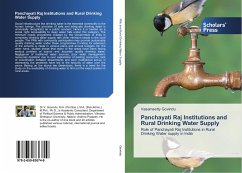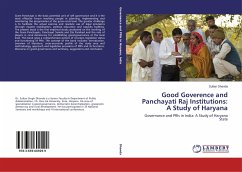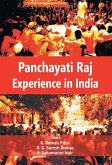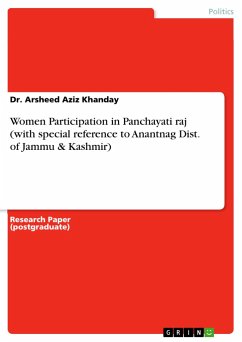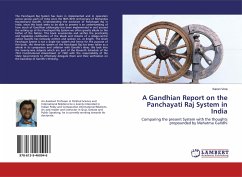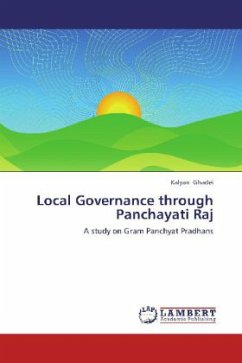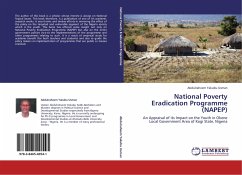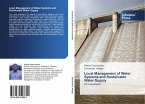Social infrastructure like drinking water is the essential commodity to the human beings. The provision of safe and adequate drinking water is universally recognized as a public concern. Hence it is treated as a social right. Accessibility to clean water falls under this category. The minimum needs programme initiated by the Government of India is comprises drinking water supply with other minimum needs to the rural people. The PRIs with community participation may provide sustainable quality drinking water under these programmes. Funding for extension of the scheme is made in various plans and annual budgets. On the other hand, studies shows that many of the areas have been facing serious problem of scarce and accurate quality drinking water. Negligence of traditional water sources, poor water management, resources depletion due to over exploitation of existing resources, lack of coordination between departments and poor institutional set-up in addressing the problems have led to the security of water over the years. Basing on the above two dimensions, there is a need for the study on the availability of drinking water to find out the exact position in rural areas.
Bitte wählen Sie Ihr Anliegen aus.
Rechnungen
Retourenschein anfordern
Bestellstatus
Storno

